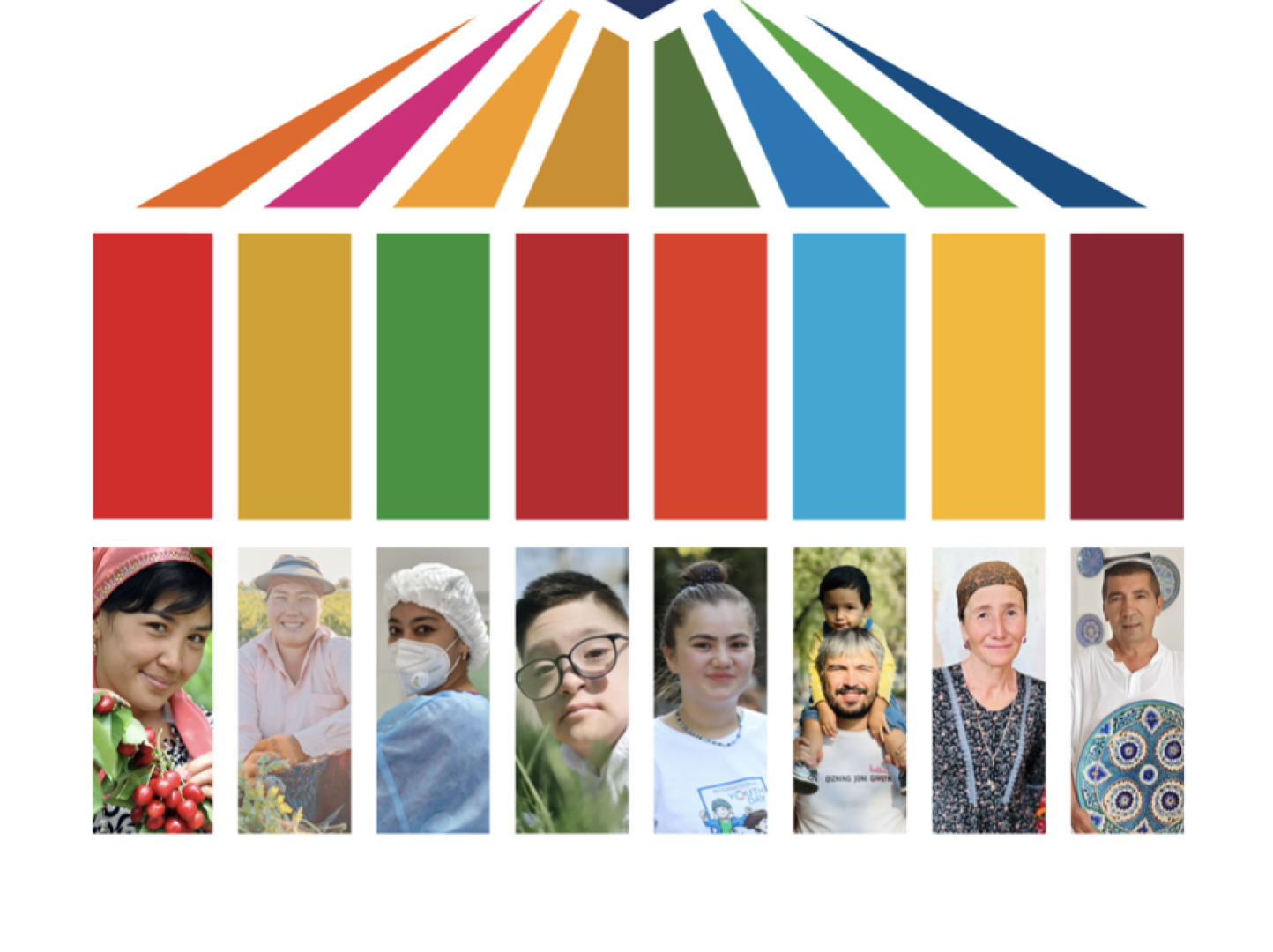Latest
22 July 2025
Ziyo Forum and United Nations in Uzbekistan Convene Youth for Live Screening of UN Secretary-General’s Speech on Clean Energy Transition
11 July 2025
Sabine Machl: Uzbekistan Is a Key Strategic Partner of the UN
02 June 2025
Uzbekistan Steps Up Health Reform: High-Level Dialogue and WHO Course to Advance Health Financing for Universal Health Coverage
Latest
The Sustainable Development Goals in Uzbekistan
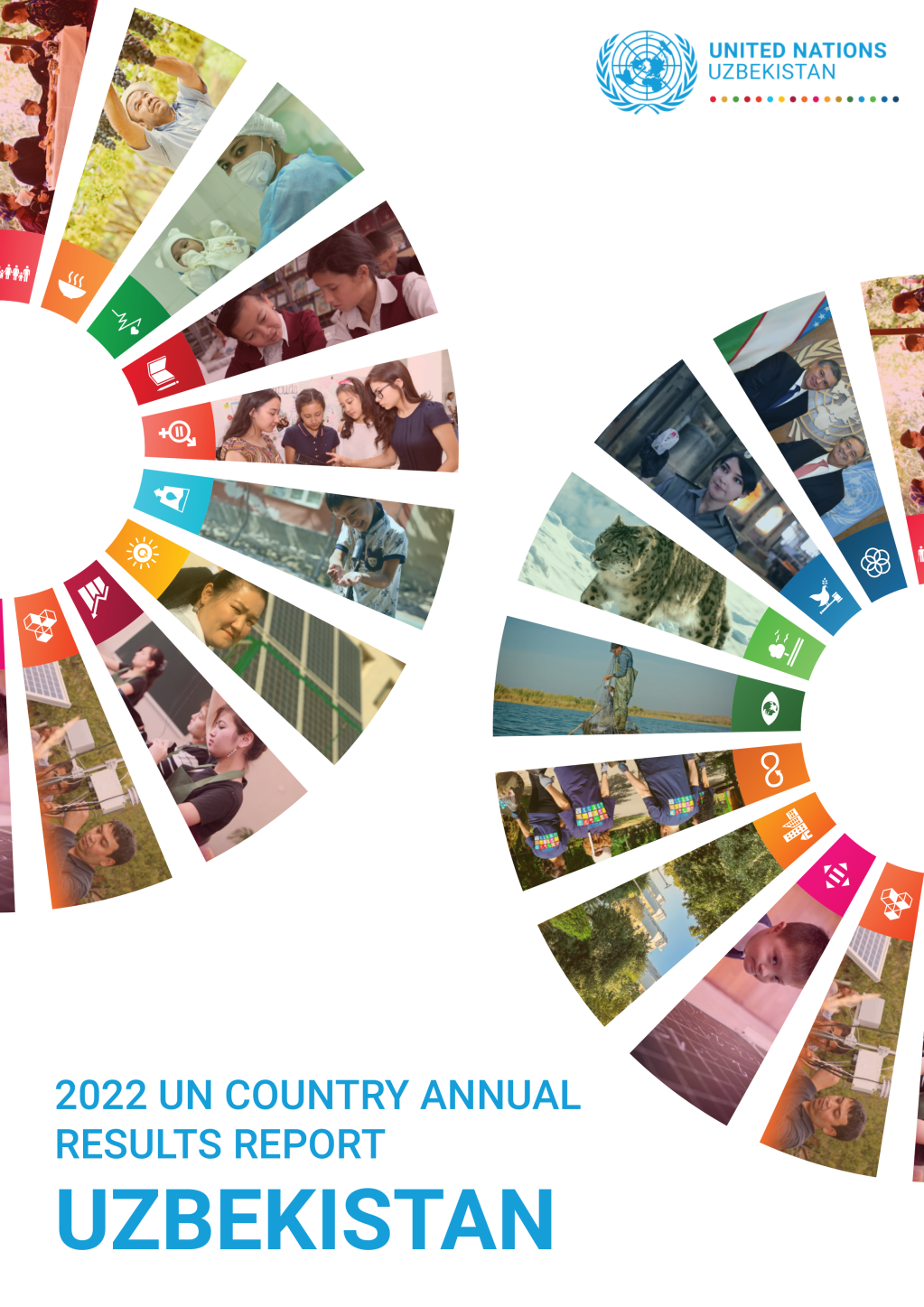
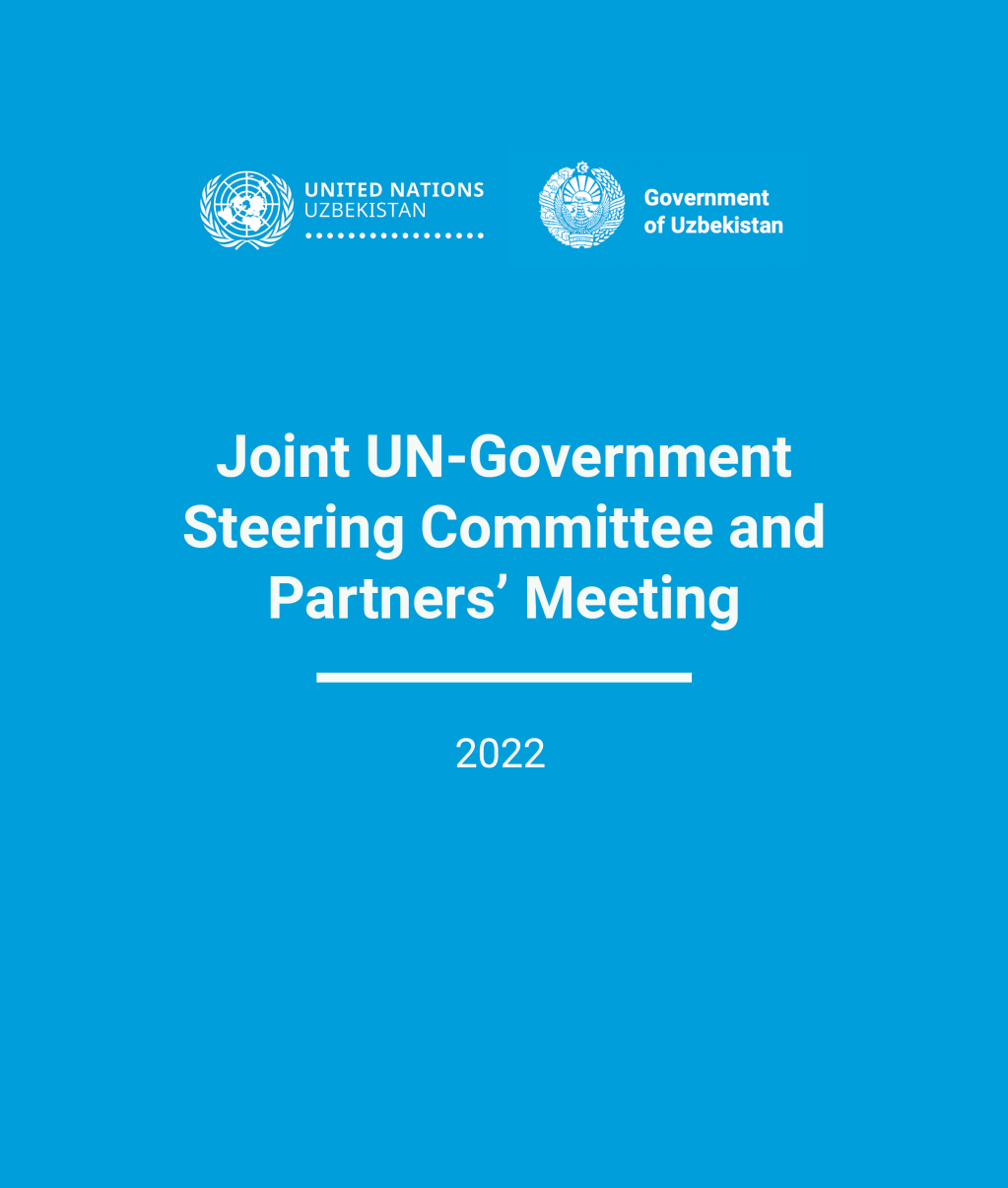

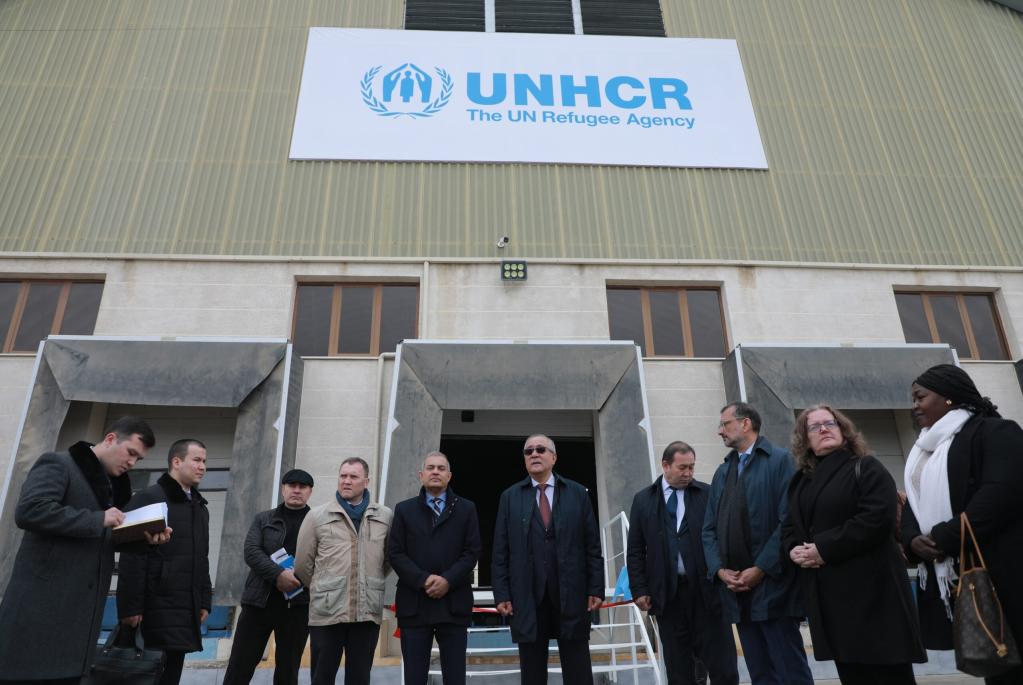
This was followed by remarks from Mr. Igor Eromenko, the GIZ component manager, who highlighted the importance of collaboration and innovation in achieving sustainable industrial transformation. He stated:"Eco-industrial parks represent a unique opportunity to balance economic growth with environmental protection. By working together—governments, businesses, and international organizations—we can build industrial zones that not only drive economic development but also contribute to a sustainable and inclusive future for Uzbekistan."Ms. Tatiana Chernyavskaya, UNIDO Project Manager, confirmed UNIDO’s commitment to supporting Uzbekistan’s journey toward sustainable industrial development. She said:
"The EIP approach is more than just a strategy for industrial growth—it is a framework for creating resilient and resource-efficient systems that benefit not only businesses but also the environment and communities. UNIDO will continue to provide technical assistance and build capacity to ensure the successful transformation of Uzbekistan’s industrial zones into eco-industrial parks."The seminar included a presentation by Dick van Beers, UNIDO international EIP Expert, on the advantages of EIP, highlighting international success stories and good practices from other countries, offering practical examples of EIP implementation that Uzbekistan could adapt.
The event also explored how industrial symbiosis can enhance resource efficiency by encouraging companies to share materials, energy, and water, reducing costs and environmental impact. A session led by Mr. Jean-Paul Gauthier, Senior Policy Expert at UNIDO, emphasized why ordinary laws governing special economic zones, labour, and the environment may not suffice, underscoring the need for EIP-specific regulations.Additionally, Mr Kovshov, Legal Policy Expert at ILLP, presented an analysis of Uzbekistan’s regulatory framework, examining its current status and the prospects for adoption of EIP standards. A subsequent discussion led by ILLP offered a platform for participants to exchange ideas on ways to refine national strategies by identifying key financial, regulatory, and technical barriers, as well as opportunities to enhance public-private collaboration in overcoming these challenges.Mr. Xojiislom Muxtarov, Senior Specialist of the Agency of Strategic Reforms under the President of the Republic of Uzbekistan, shared his perspective on the significance of EIPs for sustainable industrial development. He remarked:"The Eco-Industrial Park initiative is not only an essential step for achieving sustainable industrial growth but also a powerful driver for regional economic and social development. I am particularly interested in the project’s implementation in Samarkand, as it is not just a strategic location but also holds personal significance for me as the hometown of my parents. This initiative will showcase how regional industrial zones can become models of sustainability and innovation."The seminar fostered active engagement through Q&A sessions, enabling both in-person and online participants to exchange ideas, raise questions, and explore practical measures to advance EIP development in Uzbekistan. Participants also completed pre- and post-seminar questionnaires, offering insights into their evolving understanding of EIPs.
At the conclusion of the seminar, participants demonstrated an improved understanding of the EIP concept and a stronger appreciation of its potential benefits. The feedback collected will inform ongoing efforts to refine Uzbekistan's legal and policy frameworks and create a roadmap for transforming Uzbekistan’s industrial zones into sustainable and resource-efficient parks.The seminar’s success marks a step forward in Uzbekistan’s journey toward sustainable industrial growth. UNIDO and its partners will continue working to build national capacity, improve regulations, and attract investments to support the development of eco-industrial parks.
It is also about employers and organizations, playing a key role in this shift by creating a work environment where they can reach their full potential and contributing to a larger movement of empowerment, equality, and change that goes far beyond one individual. Organizations that foster diverse, inclusive cultures see better decision-making, improved innovation, and stronger team collaboration.Finally, this story is about reminding that women’s voices need to be heard and supported to break down barriers, change perceptions, and build a future where everyone has the opportunity to succeed. Hear Makhliyo now. “Construction is a job FOR WOMEN!” she says proudly. “We are the builders of a better future.” And she is right.

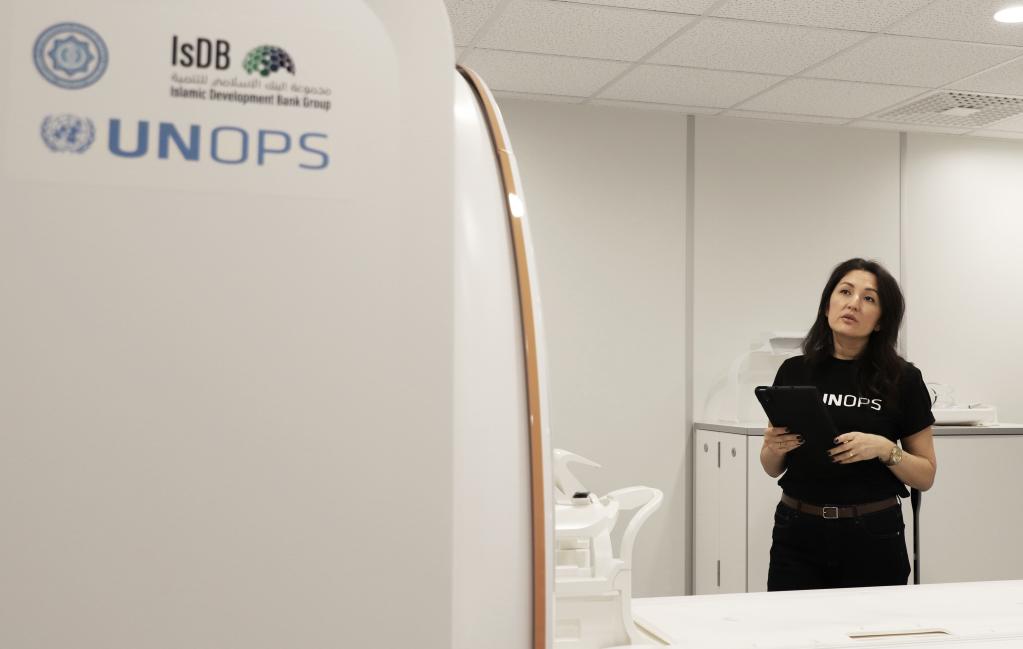
“We see health not as a cost, but as an investment in the future — one that requires smart, strategic planning and cross-sector collaboration.”“Every person—no matter where they live or what their income—is entitled to health care without financial hardship. Uzbekistan’s commitment to health reform is a critical step towards achieving universal health coverage (UHC), - said Dr Asheena Khalakdina, WHO Representative in Uzbekistan.
By investing in health financing and prioritizing primary health care, the country is laying the foundation for a more equitable system that delivers for everyone and leaves no one behind.”2–5 June | WHO Barcelona Course on Health Financing for UHC (Panarams Hotel, Tashkent)Following the policy dialogue, the WHO Barcelona Course on Health Financing for UHC will start on the same day, bringing together more than 50 participants from national and regional health authorities. Adapted to Uzbekistan’s context, the four-day training focuses on core topics such as:Align health financing reforms with broader health and development goals,Improve financial protection and service access,Smarter and more data-informed mechanisms for paying providers through strategic purchasing,Mobilize and pool health funds effectively.The course, developed by the WHO Barcelona Office for Health Systems Financing, has trained over 1000 policy-makers across the WHO European Region. In Tashkent, this training supports ongoing reforms by helping stakeholders identify financing gaps, evaluate data, and formulate context-specific policy solutions.The course uses real-life examples, group work and data analysis to help participants learn from global best practices and find solutions applied to Uzbekistan’s unique context.“This training course is a milestone in Uzbekistan’s reform journey—and we’re honored to support the country in building a system that leaves no one behind,” said Cornelia Becker, health portfolio manager, GIZ Uzbekistan.“For the State Health Insurance Fund, this training is essential to building the skills and systems we need to deliver on our mission,” said Zokhid Ermatov, Executive Director, SHIF Uzbekistan.
“As we take on a larger role in health services, it’s crucial that our staff are equipped with international knowledge and tools. This will help us ensure that health services are allocated fairly, transparently, and efficiently—so that people across Uzbekistan get the care they need, when they need it.”As Uzbekistan continues its reform journey, the WHO and its partners remain committed to providing technical guidance, sharing global best practices, and building a future where everyone — regardless of income or location — can receive the health care they need.
Where we work: The UN’s programmatic interventions
The UN is implementing 0 programmatic interventions during the ongoing programme cycle. The map below displays the number of programmatic interventions per location (note that a programmatic intervention may be linked to more than one location). Click on the number on the map to get a summary description of the programmatic interventions. Programmatic interventions may be linked to the national level or specific locations/sub-national level. Note that some interventions linked to specific locations might also have components at the national level, even if they are not categorized as country-level interventions. Click on “Show location details” in the bottom right corner to view a summary table with locations, the number of programmatic interventions, and the UN entities working in those locations. For definitions of programmatic interventions, please refer to the Glossary section.





















